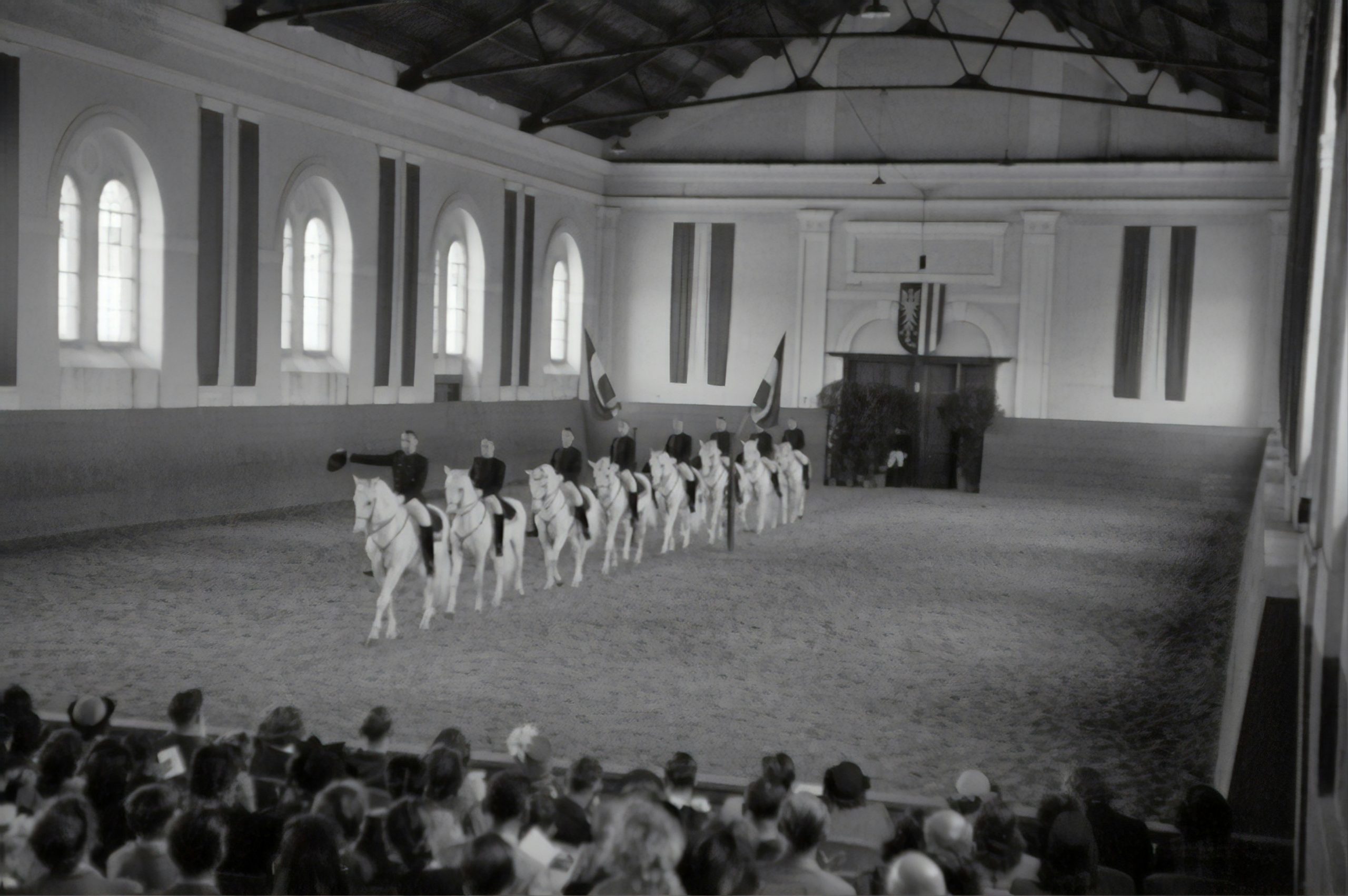
Effective Strategies for Coaching Competitive Sports
Effective Strategies for Coaching Competitive Sports
Introduction
Coaching competitive sports requires a multifaceted approach that goes beyond mere technical skill development. Effective coaching involves strategic planning, psychological insight, and strong leadership to bring out the best in athletes. This article explores proven strategies that coaches can employ to maximize their team’s potential and achieve success in competitive sports.
1. Establish Clear Goals and Expectations
Setting clear goals is fundamental to coaching any competitive sports team. Goals should be specific, measurable, achievable, relevant, and time-bound (SMART). For example, in soccer, a clear goal could be to improve scoring efficiency by 20% over the season.
**Case Study:** The University of Alabama football team, under Coach Nick Saban, exemplifies this approach by setting yearly goals for winning championships and breaking down these objectives into manageable steps throughout the season.
2. Develop Individualized Training Programs
Each athlete has unique strengths and weaknesses. Tailoring training programs to individual needs can optimize performance. This might involve personalized drills, fitness regimens, or mental conditioning techniques.
**Example:** Tennis coach Patrick Mouratoglou customizes training for his players like Serena Williams, focusing on her strengths while improving areas such as footwork to enhance overall performance.
3. Foster Effective Communication
Communication is key to building trust and cohesion within a team. Coaches should maintain open channels for feedback, listen actively, and provide constructive criticism. Positive reinforcement can motivate athletes to perform at their best.
**Quote:** “Effective communication helps athletes understand their roles and responsibilities, fostering a supportive team environment.” – John Wooden, legendary basketball coach.
4. Utilize Data and Performance Analytics
Advancements in sports technology allow coaches to analyze performance metrics such as speed, accuracy, and endurance. Data-driven insights can identify areas for improvement and track progress over time.
**Statistic:** The Golden State Warriors use advanced analytics to optimize player rotations and shot selections, contributing to their NBA championship victories.
5. Implement Mental Conditioning Techniques
Competitive sports often require athletes to maintain focus under pressure. Mental conditioning techniques like visualization, mindfulness, and goal-setting can enhance resilience and mental toughness.
**Case Study:** Michael Phelps, the Olympic swimmer, attributes part of his success to mental conditioning techniques, including visualization of races and maintaining a calm mindset under stress.
6. Promote a Culture of Continuous Improvement
Encourage athletes to embrace challenges and view setbacks as opportunities for growth. A growth mindset fosters resilience and a commitment to constant improvement both individually and as a team.
**Quote:** “Success is not final, failure is not fatal: It is the courage to continue that counts.” – Winston Churchill, British Prime Minister.
7. Build Team Cohesion and Chemistry
Team chemistry can significantly impact performance. Organize team-building activities, foster camaraderie, and emphasize the importance of mutual respect and support among teammates.
**Example:** The San Antonio Spurs, under Coach Gregg Popovich, are known for their strong team chemistry and selfless play, leading to multiple NBA championships.
Conclusion
Effective coaching in competitive sports requires a holistic approach that integrates technical expertise with psychological and strategic acumen. By setting clear goals, developing individualized training programs, fostering effective communication, utilizing data analytics, implementing mental conditioning techniques, promoting continuous improvement, and building team cohesion, coaches can cultivate a winning culture and maximize the potential of their athletes.
**Final Thought:** “Coaching is unlocking a person’s potential to maximize their own performance. It is helping them to learn rather than teaching them.” – Tim Gallwey, author of ‘The Inner Game of Tennis’.
